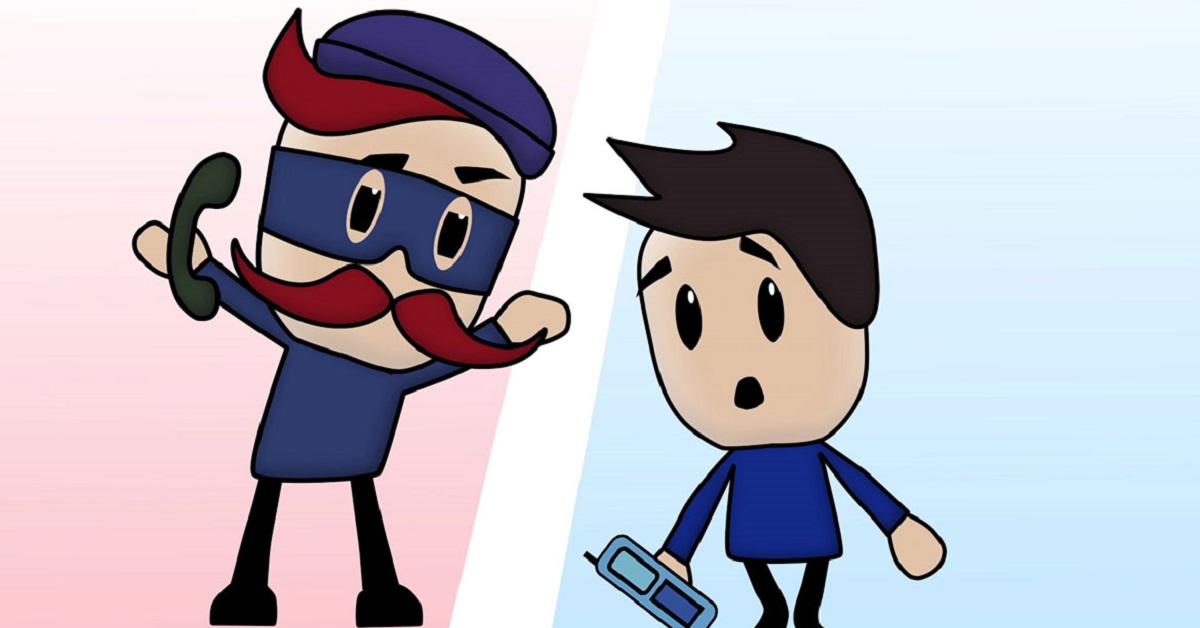The exceptional circumstances around the 2021 personal tax season will lead to an increase in communications from the Canada Revenue Agency (CRA) related to the numerous COVID-19 Federal Support Programs and unique working from home deductions in addition to the usual tax time communications. When there is an increase in legitimate CRA communications, a drastic spike in fraudulent communications from scammers follows. In order to limit cases of fraud, the CRA has developed a Slam the Scam program with several resources to help taxpayers recognize a scam, protect themselves from identity theft, and report scams. We recommend all taxpayers review these resources and understand how and why the CRA may legitimately contact you.
How the CRA may contact you:
- By phone
- By email
- By mail
- The CRA never uses text messages, instant messages or social media messages
Why the CRA may contact you:
- You owe tax or money to a government program
- You did not file your income tax return
- The CRA has questions about the tax and benefit records or documents you sent
- You are a small business and the CRA is requesting a Liaison Officer visit
Steps to verify a legitimate CRA call:
- Before providing any information ask for the caller’s name, work section and office location. Inform them you would like to verify their identity and call the CRA (1-800-959-8281 for individuals or 1-800-959-5525 for businesses) to validate their information.
- Confirm any information through one of the CRA’s secure portals.
- Call the CRA Individual Tax Account Balance Automated Service to confirm amounts owed (1-866-474-8272)
When in Doubt Consider:
- Is what the caller saying true? Did you file late or have unpaid amounts?
- Have you received written communications about this call?
- Is the caller pressuring or threatening you?
- Is the caller asking for information you would not give on your tax return or that is not related to any money you owe the CRA?
- Is the caller asking for payment by e-transfer, bitcoin or prepaid credit or gift cards?
- Is an email from the CRA asking for personal or financial information?
- If anything about the communication seems out of the ordinary, the CRA will always allow you to verify the legitimacy of the call.
We recommend everyone validate the legitimacy of any CRA communication before providing any information. Please reach out to your Bateman MacKay Business Advisor for any assistance related to your CRA account.
